Search
Search Results
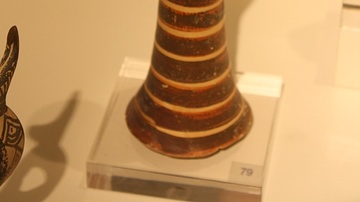
Image
Mycenaean Goddess
Terracotta figure of a goddess, Medea. Tiryns, 13th century BCE.
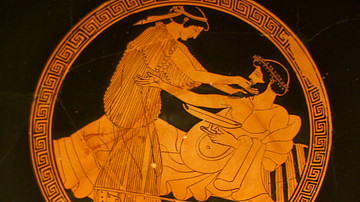
Article
Women in Ancient Greece
Women in the ancient Greek world had few rights in comparison to male citizens. Unable to vote, own land, or inherit, a woman's place was in the home and her purpose in life was the rearing of children. That is a general description and when...
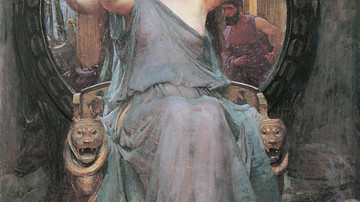
Article
Magic in Ancient Greece
For the Greeks magic (mageia or goeteia) was a wide-ranging topic which involved spells and evil prayers (epoidai), curse tablets (katadesmoi), enhancing drugs and deadly poisons (pharmaka), amulets (periapta) and powerful love potions (philtra...
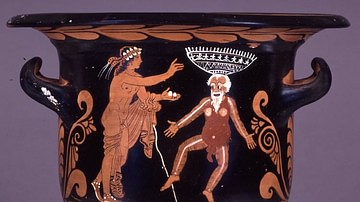
Definition
Ancient Greek Comedy
Ancient Greek comedy was a popular and influential form of theatre performed across ancient Greece from the 6th century BCE. The most famous playwrights of the genre were Aristophanes and Menander and their works and those of their contemporaries...
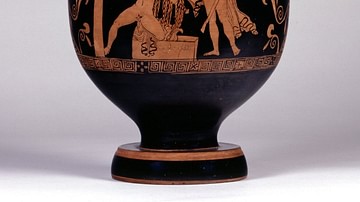
Definition
The Eumenides
The Eumenides is a play written by Aeschylus (c 525 – 455 BCE), the “Father of Greek Tragedy,” the most popular and influential of all tragedians of his era. The Eumenides was the third play of a trilogy, The Oresteia, with...
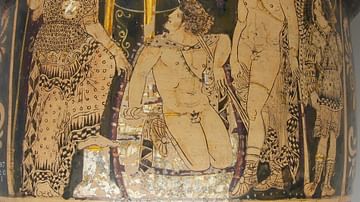
Definition
Libation Bearers
The play Libation Bearers was written by one of the greatest of all Greek tragedians Aeschylus (c. 525-455 BCE). Winning first prize at the Dionysia competition in 458 BCE, Libation Bearers was the second play in the trilogy The Oresteia...
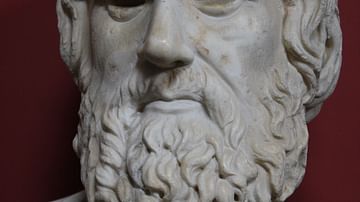
Definition
Sophocles
Sophocles of Kolōnos (c. 496 - c. 406 BCE) was one of the most famous and celebrated writers of tragedy plays in ancient Greece and his surviving works, written throughout the 5th century BCE, include such classics as Oedipus Rex, Antigone...
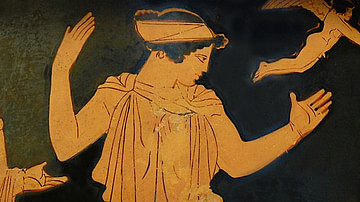
Definition
Helen of Troy
Helen of Troy (sometimes called Helen of Sparta) is a figure from Greek mythology whose elopement with (or abduction by) the Trojan prince Paris sparked off the Trojan War. Helen was the wife of Menelaus, the king of Sparta, and considered...
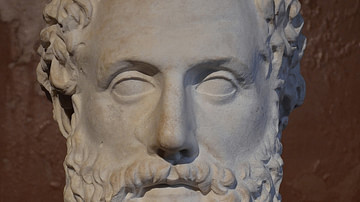
Definition
Aeschylus
Aeschylus (c. 525 - c. 456 BCE) was one of the great writers of Greek Tragedy in 5th century BCE Classical Athens. Known as 'the father of tragedy', the playwright wrote up to 90 plays, winning with half of them at the great Athenian festivals...
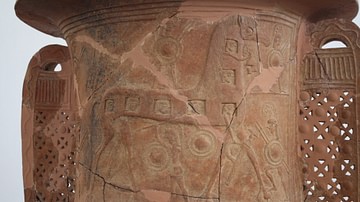
Definition
Trojan War
The Trojan War was fought between Greeks and the defenders of the city of Troy in Anatolia sometime in the late Bronze Age. The story has grabbed the imagination for millennia but a conflict between Mycenaeans and Hittites may well have occurred...